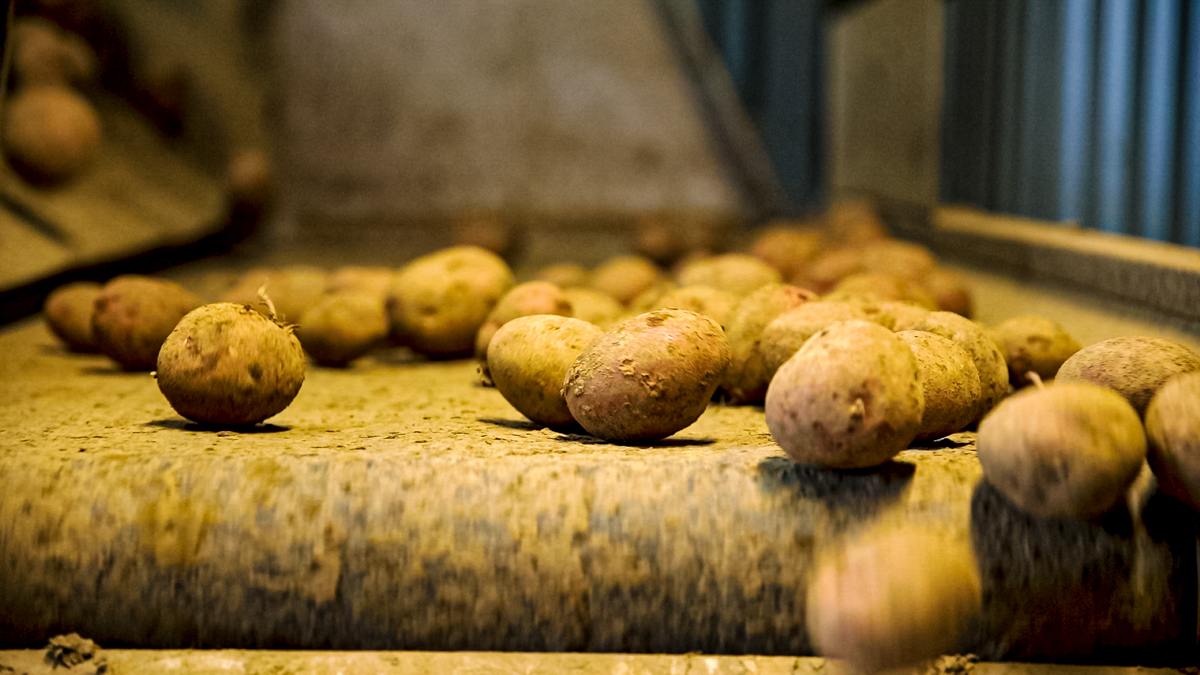The Department of Agriculture, Food and the Marine (DAFM) is set to provide €450,000 to an initiative run by the Food and Agricultural Organisation of the United Nations (FAO) that will provide support to potato farmers in Ukraine.
The announcement was made by Minister Charlie McConalogue today (Monday, April 10), who stated that Ireland’s support will go towards a wider scheme that will distribute seed potatoes to 10,000 Ukrainian small-holder farmers.
The project will see 500t of certified seed potatoes transported to the country, where they will be distributed by the FAO to “highly vulnerable small-holders” in rural areas close to the frontline of the Russian aggression.
Each farmer will receive approximately 50kg worth of produce.
According to the DAFM, the seed potatoes have been grown in the Netherlands and France by growers for Irish company IPM Potato Ltd., and were cultivated especially for the agri-ecological conditions in Ukraine.
Announcing the funding, Minister McConalogue said that “Ireland and Ukraine share many similarities, particularly the huge importance of agriculture, both economically and socially”.
“I am delighted that my department’s international cooperation funding can support this project to support small-holder farmers in potato production.
“It will complement the supports for small-holder poultry production in Ukraine funded by the government and my department last year,” he added.
Ukraine is the among the top five potato producers in the world and the bulk of its production is small-holder farmer based.
However, since it was invaded by Russia in February 2022, the normal structures of seed potato supply have been broken and the imports of certified seed input stocks has been severely hampered
According to the minister, the volume of potatoes being distributed has the potential to produce up to 7,000t of ware potatoes, which will yield stock for the average annual consumption of potatoes for up to 50,000 people per annum.
“This FAO project will support efforts to build back agricultural capacity and to assist rural families to resume production for their own household consumption and, in doing so, to meet their immediate food needs,” he concluded.
